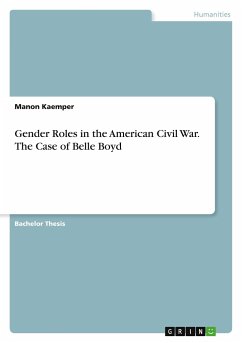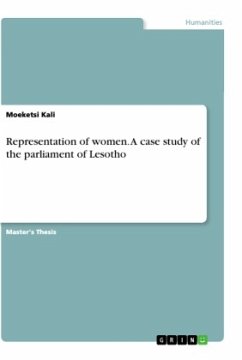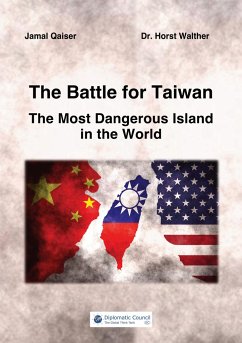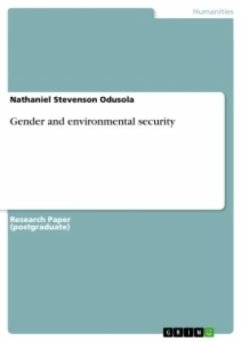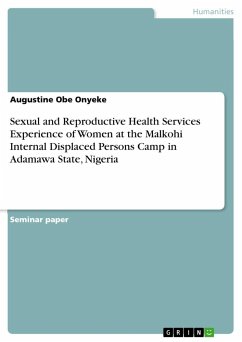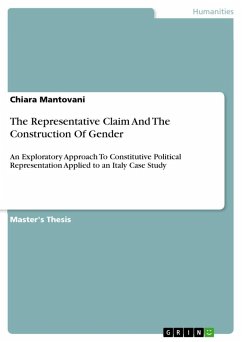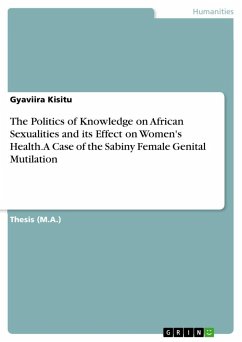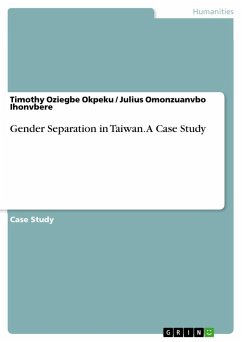
Gender Separation in Taiwan. A Case Study

PAYBACK Punkte
0 °P sammeln!
Case Study from the year 2021 in the subject Gender Studies, , language: English, abstract: In a bid to elucidate the extent of gender separation in Taiwan, this study was conducted to examine birds of a feather flock together, the case study of gender separation in Taiwan. The study research questions include: How do Taiwanese perceive gender separation in Taiwan? What role do Taiwanese culture and traditions play in gender separation in Taiwan? Over the past decade, Taiwan's female labor force has increased twice as much as that of men, making the gender gap in labor forces smaller. In Taich...
Case Study from the year 2021 in the subject Gender Studies, , language: English, abstract: In a bid to elucidate the extent of gender separation in Taiwan, this study was conducted to examine birds of a feather flock together, the case study of gender separation in Taiwan. The study research questions include: How do Taiwanese perceive gender separation in Taiwan? What role do Taiwanese culture and traditions play in gender separation in Taiwan? Over the past decade, Taiwan's female labor force has increased twice as much as that of men, making the gender gap in labor forces smaller. In Taichung City, gender separation seems to be a notable way of association and social interaction in schools, workplaces, religious worship centers, and other social gatherings. This gender separation seems to be linked to the culture, social origin, traditions, and gender attractions of the Taiwanese. Junchao reported that gender separation had an impact on the ethnic groups of the local Taiwanese people, the impact was more on the males than the females. Reports show that socio-cultural and school-related features are the biggest factor that influences gender decisions in Taiwan. Xie, Deng, and Ma, reported that Chinese education and social behavior are influenced by gender.





